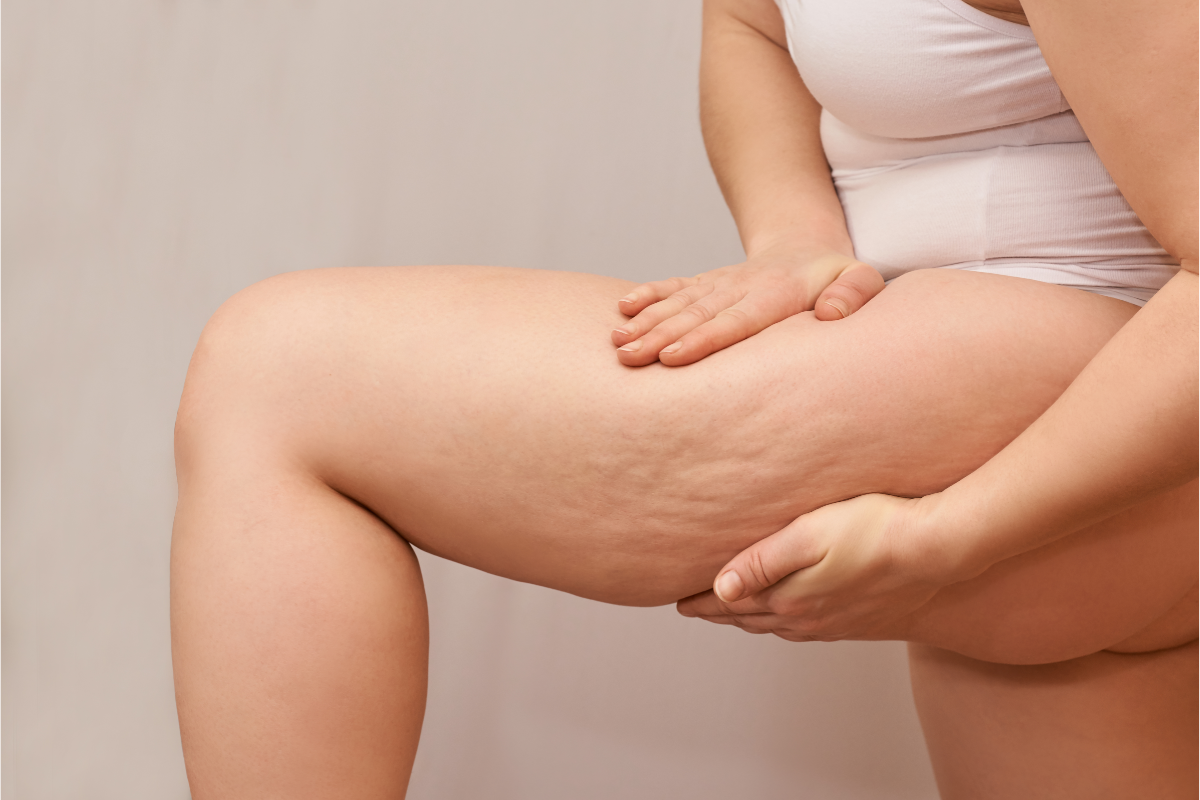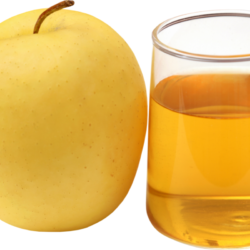Fluid retention is a common problem, and there is a growing interest in natural solutions. This phenomenon, characterised by an abnormal accumulation of fluid in the body, can give rise to a variety of uncomfortable symptoms. The use of non-prescription remedies such as BOP is an attractive alternative for those looking for natural, gentle methods to remedy this condition.
What causes water retention?
Water retention, also known as oedema or fluid retention, is the accumulation of too much fluid in the body. This can cause swelling of the feet, ankles, hands and legs, known as peripheral oedema.
A number of factors can contribute to water retention. Among them, hormonal changes or pregnancy are common, affecting the regulation of fluids in the body.Physical inactivity, recognised as a significant cause, can reduce the efficiency of venous return, encouraging the accumulation of fluids.
Chronic illnesses such as chronic renal failure and congestive heart failure can also lead to fluid retention, due to a reduction in the body’s ability to eliminate excess fluids. Capillary leak syndrome and lymphatic dysfunction (lymphoedema) are other medical causes, often linked to disorders of the circulatory system.
Obesity, malnutrition, infections that trigger inflammation and swelling, and allergies are also contributing factors. In addition, certain medications, such as oral contraceptives, corticosteroids, non-steroidal anti-inflammatory drugs, calcium channel blockers and certain diabetic drugs, can increase the risk of fluid retention.
BOP: A herbal medicine for elimination
BOP, a coated tablet, is a herbal formulation traditionally used to treat mild cases of fluid retention and to increase urine production in cases of minor urinary disorders. It is important to stress that this medicine should only be used after a doctor has ruled out any serious illness.
Composition and active ingredients
B O P contains dry extracts of two main medicinal plants:
- Birch(Betula pendula Roth and/or Betula pubescens Ehrh.) at a concentration of 76 mg per tablet.
- Olive(Olea europaea, L.) at a concentration of 45.5 mg per tablet.
These extracts are obtained using water as the extraction solvent and are combined with other components such as talc, corn starch, magnesium stearate and sucrose.
How should BOP be taken?
The recommended dose of BOP is 2 tablets in the morning, 2 tablets at midday and 2 tablets in the evening, with a maximum of 6 tablets per day. The tablets should be swallowed with sufficient water, and adequate fluid intake should be maintained during treatment. Its use is based on how long it has been used, and it is recommended that a doctor be consulted if no relief is observed after 14 days of treatment.
Contraindications and precautions
B O P should not be taken if you are allergic to birch, birch pollen, olive or any of its ingredients. It is not recommended for patients with conditions requiring reduced fluid intake, such as severe heart or kidney disease. This medicine is also not recommended for children and adolescents under the age of 18.
Nettle: an effective plant for oedema
Nettle stands out as a versatile natural solution for combating water retention. Renowned for its high mineral content and diuretic properties, this plant offers a host of health benefits.
To effectively reduce water retention, nettle can be taken as an herbal tea. This method of preparation extracts the plant’s active compounds, making them easier for the body to absorb. Nettle tea acts by stimulating the kidneys, increasing urine production and encouraging the elimination of excess fluids.
As well as being used as an herbal tea, nettle can be incorporated into the daily diet. Added to meals, it enriches dishes with its precious nutrients while providing its diuretic benefits. Once cooked, nettle leaves can be used in the same way as spinach or other green vegetables, adding nutritious variety to the diet.
Nettle is also known for its high content of essential minerals such as iron, calcium and magnesium, contributing to balanced overall nutrition. This mineral richness makes nettle particularly useful not only for managing fluid retention but also for general health support.
The benefits of potassium in managing fluid retention
Potassium, an essential mineral for the human body, plays a crucial role in regulating fluids and combating water retention. Adequate potassium intake is essential for maintaining a healthy fluid balance.
Regulating water balance
Potassium helps to regulate the balance between intracellular and extracellular fluids. This balance is fundamental in preventing water retention. In fact, a low potassium intake can upset this balance, encouraging the accumulation of fluid in extracellular spaces, and therefore water retention.
Interaction with sodium
Potassium interacts closely with sodium, another essential mineral. A diet high in sodium and low in potassium can contribute to water retention. Increasing potassium intake can help counterbalance the effects of sodium, thereby promoting water excretion and reducing oedema.
Food sources of potassium
Natural sources of potassium include fruit (such as bananas, oranges and avocados), vegetables (such as spinach, sweet potatoes and tomatoes), legumes, nuts and dairy products. Incorporating these foods into your daily diet can be an effective strategy for increasing potassium intake.
Effects on cardiovascular health
In addition to its role in managing water retention, potassium is also beneficial for cardiovascular health. It helps to regulate blood pressure and reduce the risk of heart disease, which is particularly important for people suffering from oedema linked to heart problems.
Precautions
Although potassium is an ally in the fight against water retention, it is important to consume this mineral in the recommended amounts, as excess can have harmful effects, particularly in people with kidney disease. It is advisable to consult a health professional to determine individual potassium requirements and avoid any imbalance.





